|
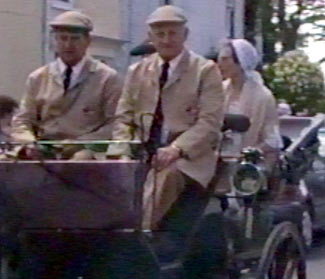 |
|
|
|
One of the most celebrated characters to live and work in Wrington was Hannah More.
Her father was a schoolmaster and, with her sisters, she initially ran a school for the daughters of wealthy merchants in Park Street, Bristol.
Later, she went to London, where she knew such celebrities as Sir Joshua Reynolds, the actor David Garrick, Edmund Burke, and Dr Samuel Johnson of dictionary fame.
She wrote plays performed at Drury Lane and enjoyed high society living.
|
|
|
|
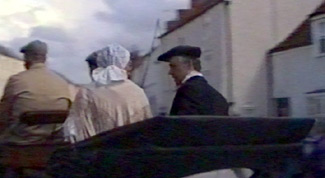 |
|
|
|
This all changed when she came under the influence of William Wilberforce who was working to abolish slavery.
Together they visited Cheddar and were horrified by the squalor they found
|
|
|
|
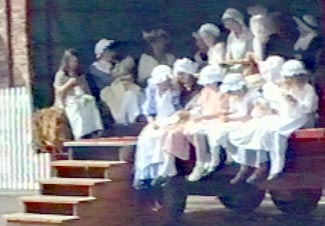 |
|
|
Facing fierce hostility from gentry and farmers alike, she set up schools for the poor, not only in Cheddar, but also in Shipham, Nailsea, Sandford, Axbridge, Banwell and Yatton. |
|
|
|
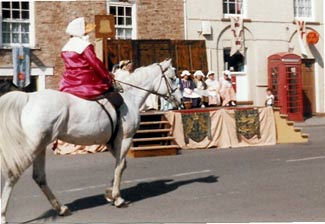 |
|
|
|
She became a familiar sight riding her stout pony from her home in Cowslip Green, along the lanes to visit her schools - knee-deep in mud in the winter, with dangerous potholes |
|
|
|
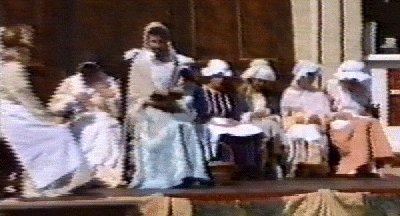 |
|
|
|
There was already a school in Wrington. The lessons were very basic - "such work as may fit them for servants. I allow of no writing".
She realised if she offered too much to the children of the poor, she would be forced to close the schools. |
|
|
|
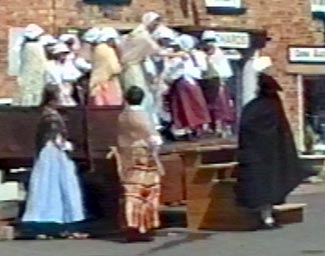 |
|
|
|
She had been asked to start a school in Blagdon, by the curate there, one Rev Mr Bere. However, he turned against her, writing 23 pamphlets and accusing her of being a "bishop in skirts. She had far too much authority and too many ideas for a woman."
|
|
|
|
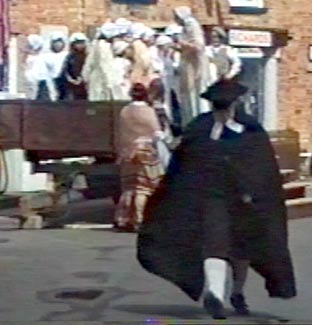 |
|
|
|
Finally, the dispute was put to the Bishop of Bath & Wells who, to his eternal credit, found in her favour.
The whole affair distressed her physically and mentally, and she reduced her direct involvement in the schools. However, she had provided the nucleus of the National Schools which were eventually established in 1840.
|
|
|
|
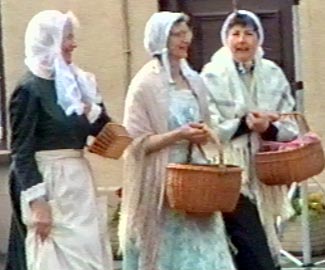 |
|
|
|
Another achievement was her establishment of Women's Friendly Societies in Cheddar, Shipham and Wrington.
The subscription was a penny ha'penny per week. and in return members received 3 shillings and 6 pence benefit for illness, and 7 shillings and 6 pence for a lying-in. |
|
|
|
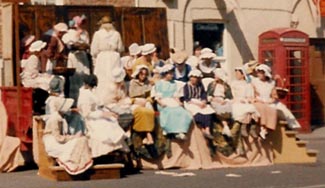 |
|
|
|
To encourage punctuality, cleanliness and school attendance, she held annual club and school feasts, at which they "were waited upon by their betters." |
|
|
|
In 1791, 517 children and 300 adults picknicked on beef, plum pudding, cakes,
loaves and cider - all lugged up onto
Mendip !
They'd made smart linen gowns for the occasion - probably the only new dress
that year. After one year of married life, women who could produce a certificate of good behaviour received a Bible, a pair of
stockings and 5 shillings. |
|
|
|
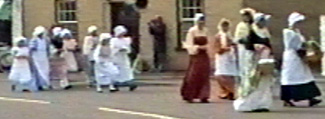 |
|
|
|
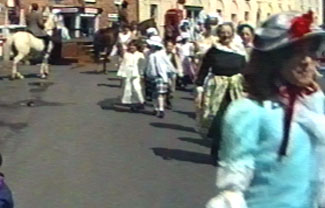 |
|
|
|
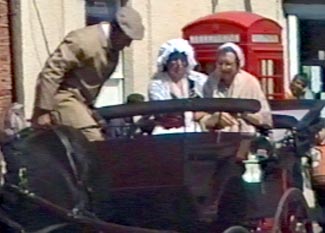 |
|
|
|
In 1801 Hannah More built Barley Wood where she lived with her sisters for most of the rest of her long life. Ill-health forced her to return to Bristol shortly before her death, and she described leaving Wrington as being
"like Eve driven out of the Garden of Eden." |
|
|
|
She and her sisters lie buried in All Saints' churchyard, a grave visited by people from all over the world, retracing the rides to her various schools
|
|
|
|
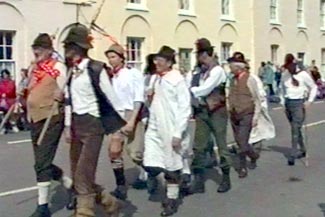 |
|
|
|
The Men's Friendly Society of farm labourers was instituted in 1822 with the objective "not to become burthensome to the parish by associating ourselves and our families in an orderly and loving manner for the purpose of supporting ourselves and our families in time of affliction." |
|
|
|
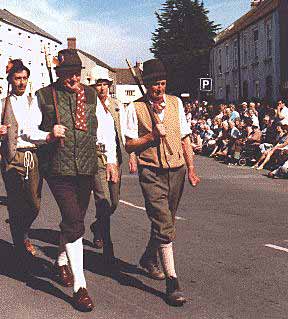 |
|
|
|
Their headquarters was the Golden Lion
and every Trinity Sunday they met at 10 o'clock wearing blue and orange cockades
and carrying staves with the emblem of
the Society. |
|
|
|
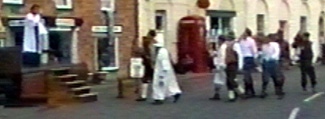 |
|
|
|
They marched to divine service at which the rector was requested to preach .... |
|
|
|
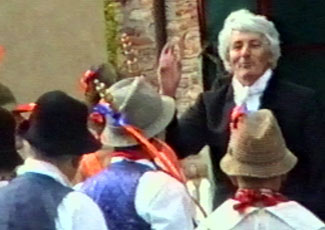 |
|
|
|
... then marched back to the Golden Lion for lunch and further festivities round and about until 7pm |
|
|
|
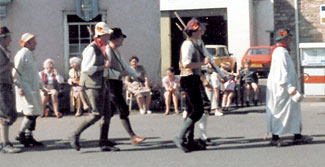 |
|
|
 |
|
|
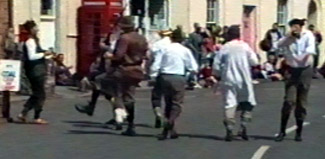 |
|
|
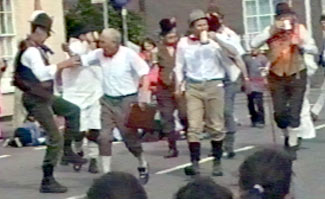 |
|
|
|
The Men's Society survived until the 1920s and the female one until 1948, when it had the very healthy sum of £938/18s/1d which was distributed to the members |
|
|
|
To continue  |
|
|
|
|
|
|
|
|
|
|
|
|
|
|
|
|
|
|
|
|
|
|
|
|
|
|
|
|
|
|
|
|
|
|
|
|
|
|
|
|
|
|
|
|
|
|
|
|
|
|
|
|
|



